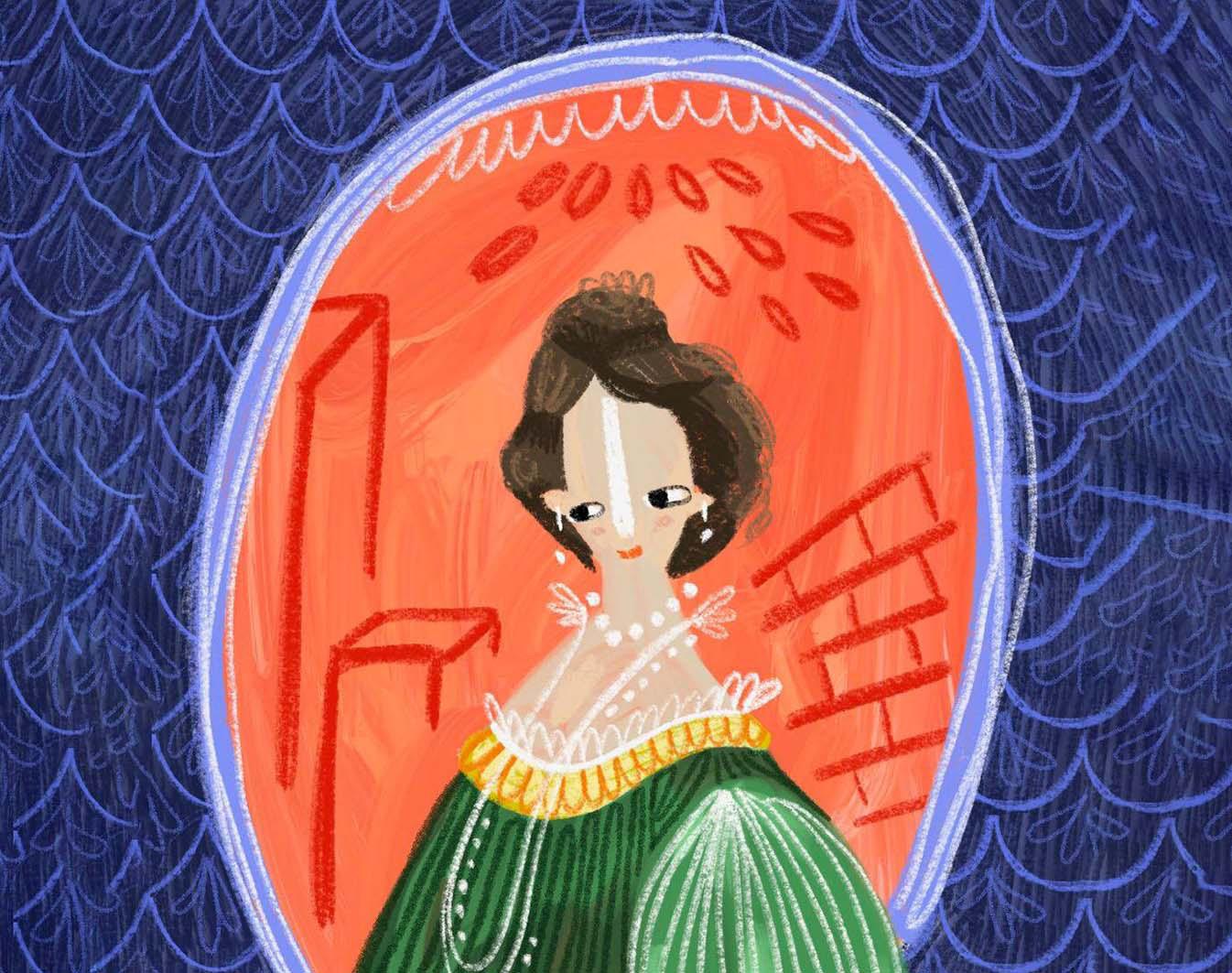Why Writing Self-Help Books Made Me Hate Self-Help Books absolutely detest self-help books. And I have a very specific reason: I used to write them for a living. That’s not to say that I wrote self-help books in the same way as Stephen Covey, Mark Manson, or Rhonda Byrnes; rather, I was employed to read these books in their entirety and write summaries that captured their essence in a few key bullet points for busy readers. Before we go any further, I should clarify that I am NOT against selfimprovement; I firmly believe that everyone should make an effort to learn, grow, and improve as best they can throughout the course of their lives. But as much as I love personal growth, I take issue with the path that self-help books provide. After reading and summarising an overwhelming 1500+ self-help books— many of which are best-sellers and genre titans— I’ve found that, by and large, self-help books are patronising, ableist agents of toxic positivity. At best, most tout such gems of advice as “just think happy thoughts!” or “if you can dream it, you can do it!” giving the impression that they absorbed all their wisdom from inspirational bumper stickers… and then tried to squeeze a whole book out of a one-line platitude. At worst, books like The Secret assert that those who have cancer brought it on themselves, that victims of natural disasters asked for tsunamis by thinking negative thoughts, and that anyone who is unhappy with their weight should simply “think themselves thin!” By the logic of writers like Rhonda Byrne having a bad day at work is a choice. No matter what you’re dealing with, it’s your own fault for inviting such negative circumstances with your equally negative thoughts. But never fear! You can turn your whole day upside down by simply smiling! According to Gordon, you should also pretend that your life is a bus and you are the driver; the more you smile, the more fuel you add to your bus! It doesn’t matter if you have the world’s suckiest job, or if 6
MILESTONES









